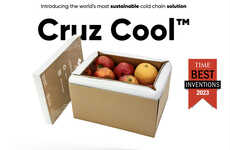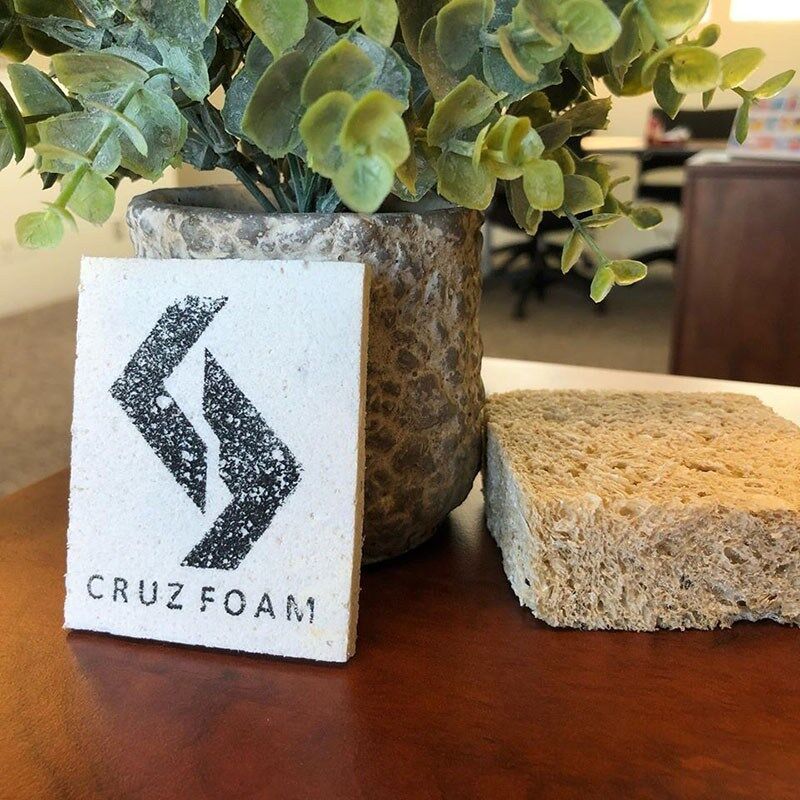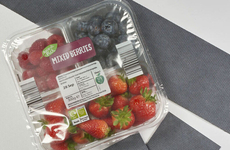
Cruz Foam Combines Two Waste Streams to Form a Solution
References: packagingdigest & cruzfoam
Cruz Foam is bringing an innovative compostable packaging material to the market and it is eco-conscious, cost-effective, and flexible, combining social responsibility with business efficiency. The core product is made possible thanks to a "patent-pending water-based technology [that] transforms the second most abundant biopolymer on the planet into a high level engineered structural foam."
Essentially, the company brings together waste from the seafood industry—i.e. shrimp shells sourced from sustainable farming—and paper recycling waste, transforming them into foam with mechanical properties and thermal insulation that are comparable to polystyrene. The resulting compostable packaging material can be easily integrated into existing manufacturing equipment, with "minimal capital investment and training." In addition, the foam can be fully manipulated and tailored to fit any company's large or small-scale packaging needs.
Image Credit: Cruz Foam
Essentially, the company brings together waste from the seafood industry—i.e. shrimp shells sourced from sustainable farming—and paper recycling waste, transforming them into foam with mechanical properties and thermal insulation that are comparable to polystyrene. The resulting compostable packaging material can be easily integrated into existing manufacturing equipment, with "minimal capital investment and training." In addition, the foam can be fully manipulated and tailored to fit any company's large or small-scale packaging needs.
Image Credit: Cruz Foam
Trend Themes
1. Compostable Packaging Materials - The trend towards eco-conscious packaging materials is disrupting the traditional plastic and polystyrene packaging industry.
2. Water-based Technology - The trend towards water-based technologies is disrupting the manufacturing industry, offering environmentally friendly alternatives to traditional chemical-based processes.
3. Sustainable Waste Management - The trend towards sustainable waste management is disrupting various industries, inspiring companies to find innovative solutions for reducing waste and finding value in waste products.
Industry Implications
1. Packaging Industry - Companies in the packaging industry can embrace compostable packaging materials to meet consumer demand for eco-friendly products, while still maintaining business efficiency and production capacity.
2. Manufacturing Industry - Companies in the manufacturing industry can adopt water-based technologies to reduce their environmental impact, enhance sustainability, and offer innovative solutions for customers concerned with eco-friendliness.
3. Waste Management Industry - Companies in the waste management industry can utilize sustainable waste management practices to extract value from waste materials and create innovative products and solutions that meet the growing demand for eco-friendly options.
6.1
Score
Popularity
Activity
Freshness























